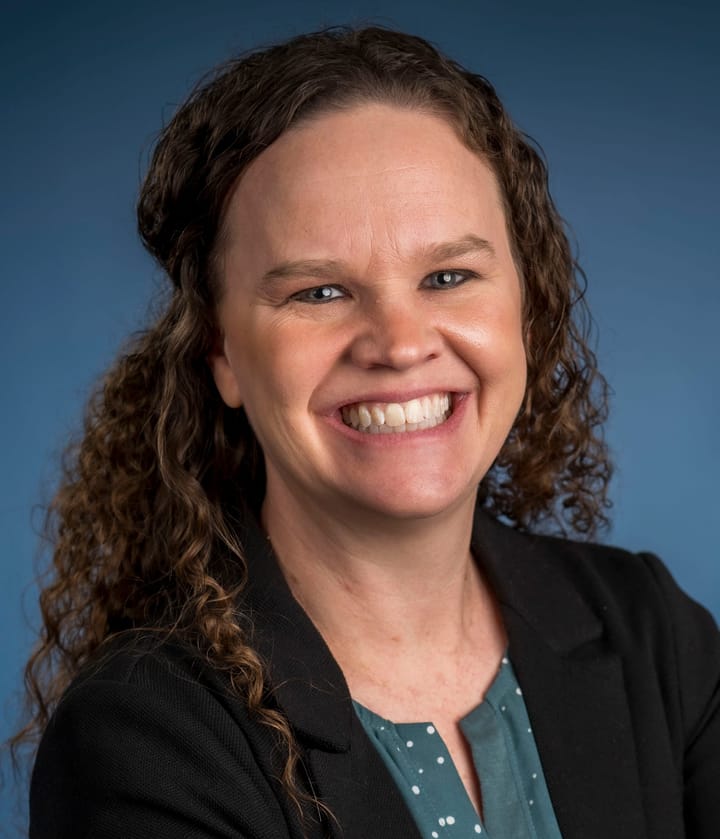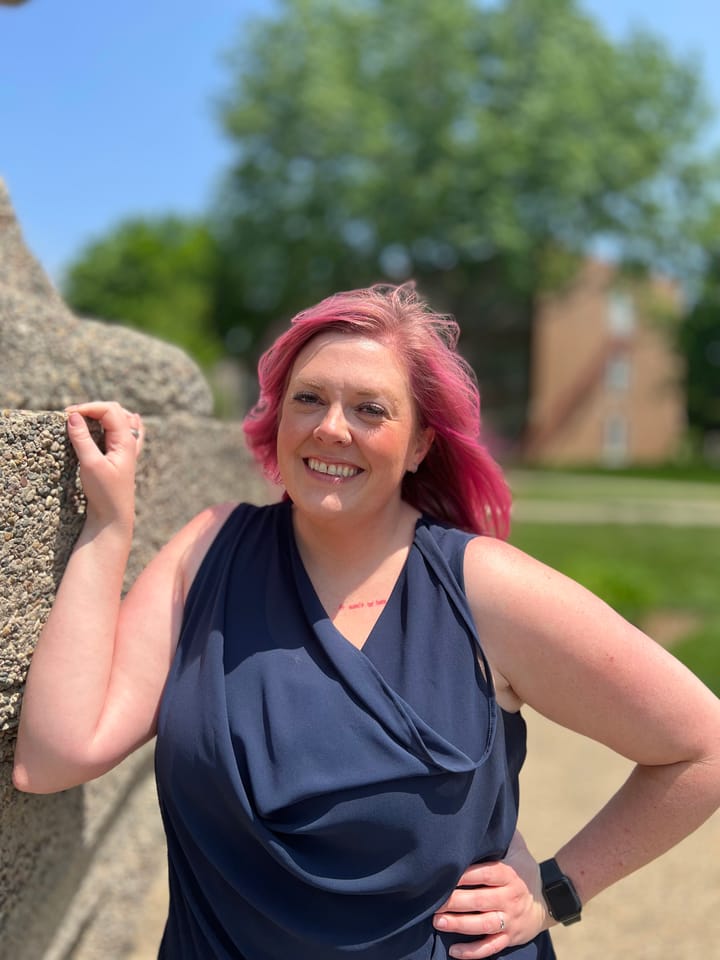ASA votes to reduce allocations to UBG
The Union Board of Governors (UBG) will have to cut into its nearly $115,000 surplus next year due to an amendment by the Augustana Student Association (ASA) that will reduce its budget allocation by nearly 30%.
At its May 5 meeting, ASA voted to reduce UBG’s financial allocation from 35% of ASA’s annual budget down to 25%. Additionally, the amendment states that ASA must review UBG’s budget during the next school year to reassess the change.
According to previous reporting by the Augustana Mirror, UBG’s allocation this past fall was $44,800. If ASA receives a similar amount of money from student activity fees next year, UBG’s allocation for next fall would be around $34,900.
According to ASA treasurer Hunter Lipinski, the reason behind this reduction was so that UBG will use up the large amount of money it has in its surplus account. Lipinski said that the current estimate for UBG’s surplus is nearly $115,000, though he expects this might decrease as the group pays for its final events of the year.
“By reducing [their budget], it’s preventing UBG’s account from getting even higher,” Lipinski said.
Current UBG co-head governor Holden Sutter said the main reason for this surplus has been COVID-19. Because students left campus early last spring, the group had a large amount of leftover money. This surplus grew over the past school year due to UBG hosting fewer events, which have also tended to be smaller. Additionally, UBG spent less money on events during the beginning of the school year because they were unsure how COVID-19 would affect the amount of money they received.
“We have a lot [of money] from this year and still a lot from last spring, just because we didn’t finish the year here,” Sutter said.
Because of this surplus, Sutter and other members of UBG’s leadership for both this year and next year all agreed to reduction before it was introduced to ASA.
Sutter said he still thinks UBG will be able to host large events next year due to their surplus and that the budget reduction won’t affect the quality of UBG events.
“I want [next year’s leadership] to be able to properly spend that money,” Sutter said. “We have the reserve, too — the carry-over from this year — so they should be able to plan some very good events even with just the leftover money we have.”
Senator Andrew Struck, who serves on the ASA finance committee and who formally introduced the amendment, said the decision behind reducing UBG’s allocation came about while the ASA finance committee was conducting a budget review of the group. During the review, they noticed UBG’s surplus and thought of ways for that leftover money to be spent so it doesn’t stay unused in their account.
The current reduction from 35% to 25% comes two years after ASA previously voted to reduce UBG’s allocation from 45% to 35%.
According to Lipinski, this reduction will also have financial effects on ASA, as they will have more money to work with. He hopes that next year’s senate will be able to carry out more projects with that extra money.
“With the reduction from UBG’s budget, those dollars will go into ASA’s account,” Lipinski said. “What that looks like is we can still continue big projects which we haven’t been able to do in years past, [but] I don’t want this to seem like we’re doing this process just to get more money for ASA, because that’s not what it is.”
Lipinski also said that, because of the passing of this amendment, next year would be a good year for ASA to determine if it needs less money from student activity fees.
“This is the first year with the new student activity fee,” Lipinski said. “[We’re] kind of in that trial time […] ‘Does ASA really need this much money? Does the university need to be giving us this much or taking it away from students in the form of that fee?’”
According to Lipinski, ASA received $252,480 from student activity fees this past academic school year.
In addition to reducing UBG’s budget, the amendment also states that ASA must conduct another budget review of UBG next year. According to Lipinski, the main purpose of this mandatory review will be to see if UBG uses up enough of its surplus money. Additionally, Struck said the review will allow ASA and UBG to work together in determining if the current allocation of 25% works, or if it should be changed again.
“[The amendment] requires that both groups determine if it is sustainable for UBG to, that next fall, receive an allocation of 25% or if that’s not sustainable,” Struck said.
Correction: We previously stated that ASA received $128,000 in student activity fees last school year, but that was only last fall. This has since been corrected to $252,480.



